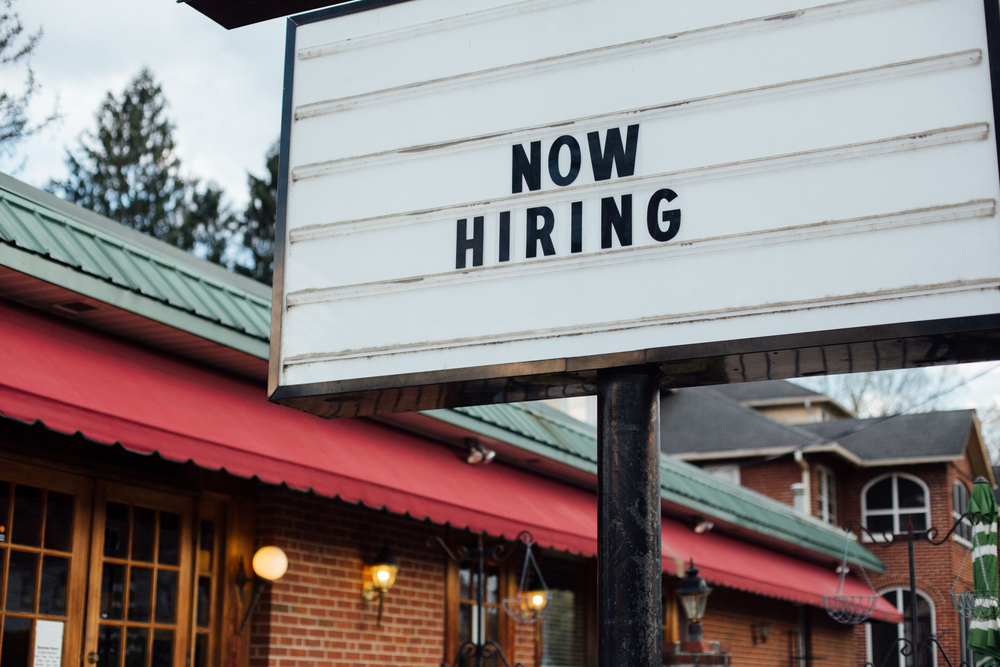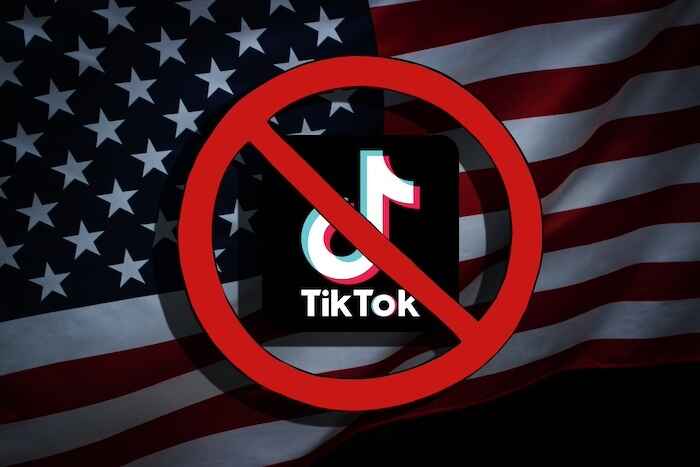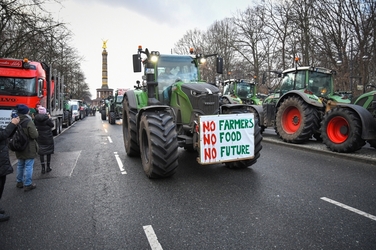The One Shortage We Need to Worry About
Amanda Heckman|May 8, 2021

The only thing we’re not running short of these days is shortages. Semiconductors, lumber, propane, chickens, houses, flowers, cars, egg cartons… and now chlorine…
But the one we should be most worried about? The labor shortage.
As the country recovers from the pandemic and restrictions are lifted… businesses face a new challenge.
They simply can’t find folks for jobs that are desperately needed for us to get back up and running.
More than 40% of small businesses say they can’t fill positions, according to the National Federation of Independent Business.
It’s hitting the service industries the hardest… from restaurants and hotels to tourist shops and more. And it’s hitting all across the country, from cities and rural areas to tourist spots.
All this while 10 million folks are out of work and on the unemployment roster.
What gives?
Let’s look to Montana for a clue.
A Bold Move
This week, Montana Governor Greg Gianforte stirred controversy. He announced that his state will stop doling out the expanded federal unemployment benefits to its residents. The program amounts to an extra $300 in benefits each week.
Why such an unpopular (at least, with the media) move? The state’s unemployment rate has dropped to a pre-COVID-19 low of just 3.8%.
The state’s labor force is short 10,000 workers.
“Nearly every sector in our economy faces a labor shortage,” Gianforte said in a statement on Tuesday. “The vast expansion of federal unemployment benefits is now doing more harm than good.”
He says that folks have stopped looking for work thanks to these generous benefits… and that the private sector is now competing with Uncle Sam when it comes to wages.
One pays folks to work… the other pays folks not to work.
The governor’s solution is to instead offer return-to-work bonuses to help employers looking to hire.
And he’s not alone. Businesses across the country have resorted to offering hundreds of dollars in signing bonuses to attract workers.
It’s Come to This
So it’s come to this… we now have to bribe folks to come back to work.
Like we said, when it comes to attracting workers in the lower-wage service industries… companies can’t compete with jobless benefits that pay more than they can afford to.
Let’s do the math.
Combined jobless benefits can equal $600 a week.
That’s $15 per hour… or right at the newly proposed national minimum wage.
Of course, we know where this heads…
When businesses can’t find workers, they must offer higher wages… which then creates a painful cycle of rising prices – yep, inflation – all around.
That means many companies are at an impasse…
After the devastating blow of a yearlong shutdown… they now can’t hire to meet the demand of a reopening economy. They can’t get their businesses back on track… and they can’t afford to pay workers more to do so.
Washington’s extraordinary free money policy has broken the natural cycle of job supply and demand. And it’s created an invisible wage hike that businesses can’t compete with… one a do-nothing Congress never voted into law.
As long as folks are content to sit on their couches thanks to free money, there will be pain in every corner of the economy.
And it will lead only to more “help” from the feds… that we will all pay for.

Amanda Heckman
Amanda Heckman is the editorial director of Manward Press. With unrivaled meticulousness, she has spent the past dozen or so years – give or take a few sabbaticals – sharpening Andy’s already razorlike wit. A classically trained musician and a skilled writer in her own right, Amanda takes an artistic approach to the complex world of investing. Her skill has led her to work with numerous bestselling authors, award-winning financial gurus and – lucky for us – the fine folks at Manward Press.





